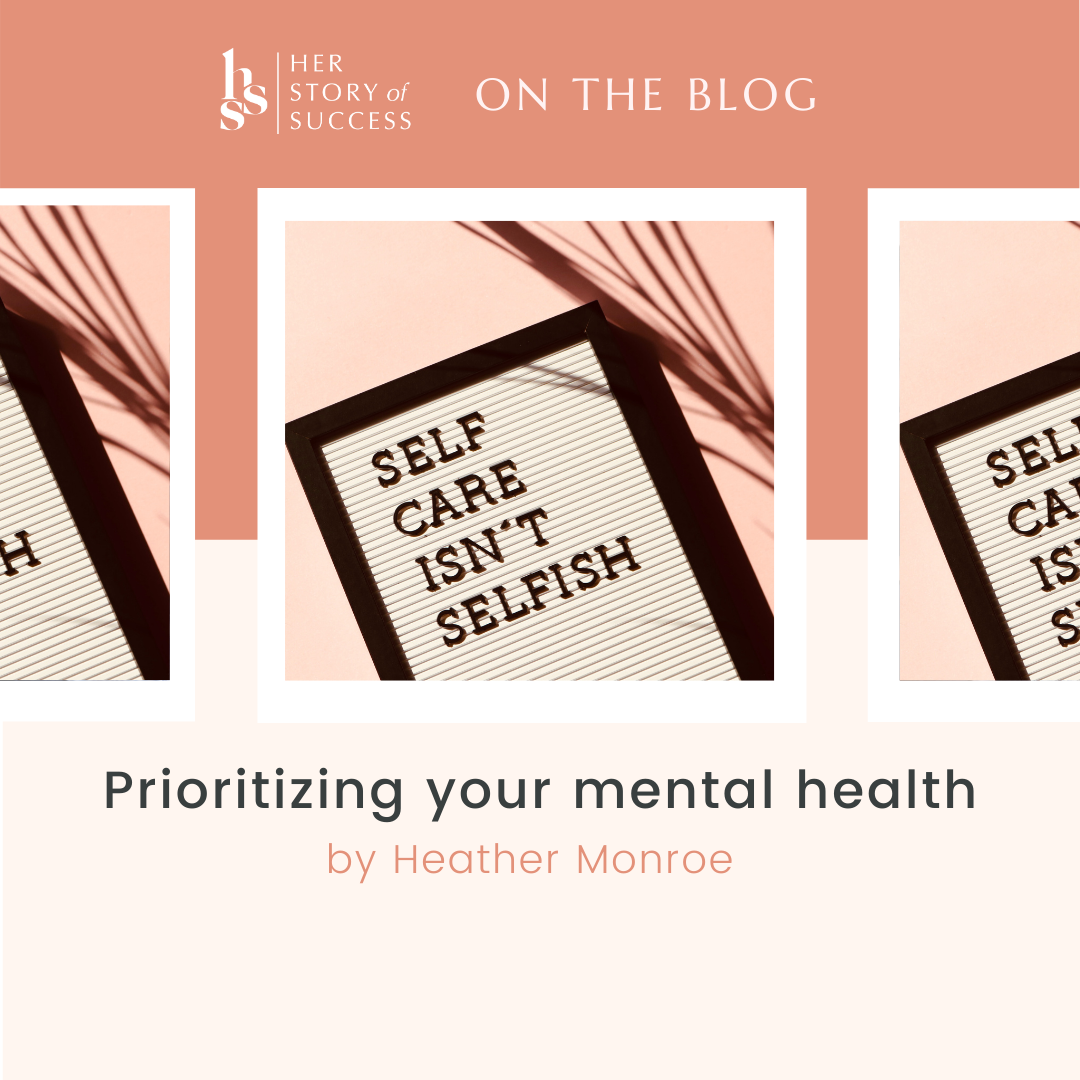Heather Monroe is an integrative psychotherapist and licensed clinical social worker who has dedicated her career to helping clients recover from trauma.
Back in January, no one would have expected to spend the first half of the year in isolation. No physical contact with friends or family, no morning commute to the office, no birthday parties, weddings, or backyard barbecues to celebrate long weekends.
COVID-19 has been a storm of isolation, loss, chaos, radical change, and what feels like a bottomless pit of uncertainty. These are the things that fear, stress, and trauma are made of, so if you are feeling overwhelmed, anxious, or depressed, please know that these are common and understandable reactions.
Tending to our emotional distress is a big piece of healing, since the reactions we are having are connected to the childlike parts of ourselves that are scared and need reassurance. Historically, we look to the outside world to find that safety and guidance — that is why this pandemic has been so disorienting, because our external reality has all but collapsed.
Cities are Reopening—What Does That Mean for Our Mental Health?
As cities across the country start to open their economies, prioritizing mental health will be essential. We can’t forget that we’ve been living in solitude under very stressful circumstances for the past few months. Everyone is reemerging into the world with a different mindset than they used to have. If you’ve been experiencing anxiety over these past few months, you can expect that anxiety to stay with you as things return to normal, especially if you haven’t been able to process the anxiety in a healthy and meaningful way.
As we return to work, the looming threat of coronavirus will be a source of stress for many people. There are a lot of paradoxical truths happening right now. The fact that offices, schools, and stores are reopening means that most of us will have to spend more time around other people; this can feel like both a relief and a stressor. If you’re struggling with your mental health, home can feel like a safe and scary place to be.
Eventually, we’ll all be forced to re-acclimate in one way or another. Focusing on improving our mental health will make that process much easier. Now is the time to start focusing on ourselves, so we can go back to the office, be with our loved ones, and take a summer vacation without crippling fear.
Three Ways to Continue Prioritizing Your Mental Health

As a therapist, one thing I’ve noticed over the years is that many people fail to prioritize their mental health. We’re often too busy with work or caring for our family to focus on ourselves. But mental health is just as important as physical health, and we don’t need hours each week to make it happen. Here are some simple ways to put our mental health first.
1. Create a self-less routine
It may sound counterintuitive, but studies show that doing something for the benefit of others boosts happiness levels, especially in times of stress. If there is someone you know that could use your help, whether that’s a home-cooked meal, a wellness check, or a thoughtful note, being of service will help relieve your anxiety, elevate your mood and create a deep sense of well-being and purpose in your life.
2. Lean into your support system
When you’re dealing with mental distress, having a support system is crucial. Keeping your thoughts and emotions bottled up will only make you feel worse. Find a small group of people who you trust, and that you can go to when you’re feeling overwhelmed. It could be your parents, your partner, or a friend who’s always available to talk. Discussing your emotions may be difficult at first, but it’s one of the most effective ways to clear your head and process feelings that aren’t serving you.
3. Schedule a therapy session
Therapy is beneficial for everyone—not just people who are dealing with depression or anxiety. As I mentioned before, processing your feelings and emotions is a powerful thing. A licensed therapist can hold space for and give deeper meaning to your reactions and feelings. They will also give you tools to cope when negative emotions come around. In many ways, therapy is a form of self-care. When you go to therapy, you commit to improving yourself—not just your mental health, but all areas of your life.
Right now, some people are celebrating the slow reopening of our economy. If you’re not one of them, that’s ok. So many people are struggling with mental health distress following months of isolation. The feelings of fear and anxiety around coronavirus will eventually subside but if we don’t address the root cause, they will inevitably come back and possibly stronger than before.
If we run into our fear instead of away from it, we learn that we have the power to deal with and overcome our deepest sadness, anxiety, grief, and traumas and reenter this new, post-coronavirus world with hope and confidence.
